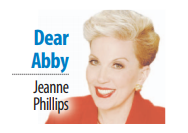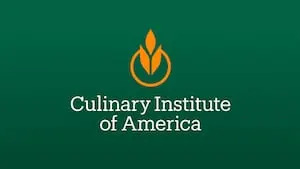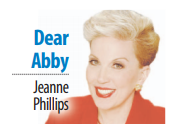Lifestyle
Mother-Daughter Calls: Balancing Family Expectations and Personal Needs

Maintaining family relationships can often lead to tension, particularly when expectations clash with personal boundaries. A case in point is a letter addressed to advice columnist Abby, where a 54-year-old mother from New York expresses her frustration over the daily calls she makes to her 84-year-old mother. The routine, which has become a source of annoyance, raises questions about obligation versus emotional well-being.
The mother, who identifies herself as a busy teacher and wife, feels overwhelmed by the pressure to communicate with her mother each evening. She describes how these calls, filled with repetitive stories and gossip, leave her feeling drained. If she misses a call, her mother reacts with concern, prompting a barrage of texts and calls to her husband and children, adding to the pressure.
In her letter, she contemplates whether to continue this daily obligation or to set boundaries that would foster a more mutually beneficial relationship. “It’s difficult to engage in meaningful conversations when they are forced and mostly one-sided,” she notes.
Abby responds by affirming that the daughter has the right to redefine their communication schedule. She advises the woman to have an honest conversation with her mother, suggesting that they agree on calling once or twice a week instead. Abby emphasizes the need for clear communication, encouraging her to explain that the current setup is not working for her. The columnist further recommends that if the mother seeks company or gossip, she should engage with friends instead of relying solely on her daughter.
The complexities of family dynamics don’t end there. Another letter to Abby discusses the wedding plans of a man named Herb, who is preparing for his third marriage. Herb has suggested that guests contribute to their own meal expenses, a move that has raised concerns among his friends and family.
The writer expresses apprehension about this decision, fearing it may lead to disappointment for both the couple and their guests. She notes that Herb’s previous marriages faced challenges, partly attributed to his financial attitudes, which were viewed as stingy by his past partners. The writer feels compelled to intervene and educate Herb on wedding etiquette, while also highlighting the importance of clear expectations in relationships.
In response, Abby acknowledges that Herb’s intentions may not stem from ignorance but rather from a pattern of behavior. She suggests that the writer discreetly advise Herb’s fiancée to consult her own legal counsel regarding the prenuptial agreement he plans to present, ensuring that both parties have a clear understanding of their commitments moving forward.
These letters illustrate the delicate balance between familial obligations and personal well-being, as well as the importance of open communication. Whether addressing the challenges of maintaining relationships or navigating the complexities of marriage, both writers are reminded that setting boundaries and having honest conversations can lead to healthier interactions.
As individuals navigate their personal circumstances, the insights provided by Abby serve as a reminder that it is possible to prioritize one’s own needs while still honoring familial connections.
-

 Technology5 months ago
Technology5 months agoDiscover the Top 10 Calorie Counting Apps of 2025
-

 Health2 months ago
Health2 months agoBella Hadid Shares Health Update After Treatment for Lyme Disease
-

 Health3 months ago
Health3 months agoErin Bates Shares Recovery Update Following Sepsis Complications
-

 Technology4 months ago
Technology4 months agoDiscover How to Reverse Image Search Using ChatGPT Effortlessly
-

 Technology1 month ago
Technology1 month agoDiscover 2025’s Top GPUs for Exceptional 4K Gaming Performance
-

 Technology2 months ago
Technology2 months agoElectric Moto Influencer Surronster Arrested in Tijuana
-

 Technology5 months ago
Technology5 months agoMeta Initiates $60B AI Data Center Expansion, Starting in Ohio
-

 Technology5 months ago
Technology5 months agoRecovering a Suspended TikTok Account: A Step-by-Step Guide
-

 Health4 months ago
Health4 months agoTested: Rab Firewall Mountain Jacket Survives Harsh Conditions
-

 Lifestyle5 months ago
Lifestyle5 months agoBelton Family Reunites After Daughter Survives Hill Country Floods
-

 Technology4 months ago
Technology4 months agoHarmonic Launches AI Chatbot App to Transform Mathematical Reasoning
-

 Technology3 months ago
Technology3 months agoUncovering the Top Five Most Challenging Motorcycles to Ride





















